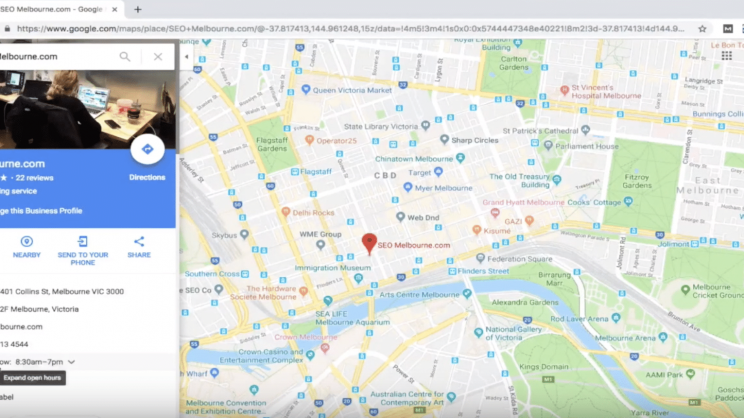As SEO Sydney discussed previously, a customer’s pre-existing attitudes, perceptions, and ethical standards will directly affect a decision to purchase or invest, and it is usually past behaviour that shapes these notions. For example, if a customer had eaten at a restaurant that gives them food poisoning, they would more than likely develop a negative opinion (attitude) of that place, thus affecting their decision to return (behaviour). Inversely, this example shows the business’ output failed to meet the customer’s expectation , affecting how they see the brand. This demonstrates that attitudes and ethics shape behaviour and vice versa.
Customers’ performance-specific expectation and expectation disconfirmation are the key indicators of customer satisfaction (Oliver, 1980).
When the product performance exceeds expectation, customer satisfaction increases; when expectation exceeds the product performance, customer satisfaction decreases. By understanding the past events that may have shaped your client base, you’re more likely to be able to create an online presence or campaign that they react positively to.
To determine where your market’s sentiments lie in relation to your product or brand, the research conducted in the initial stages of developing your customer persona need to be analysed and synthesised to produce conclusive evidence as to how your market operates. In SEO this is particularly important as without a proper profile of your audience’s attitudes and behaviour, your reach could be totally ineffective. With the culmination of buyer insights from a customer persona, your business can then create and moderate content to align with the customer’s expectations to optimise your company’s output.
If you are wanting to read more on how you can improve your brand’s perception check out Search Engine Journal’s 7 tips, or get in touch with our SEO experts at SEO Sydney today.





